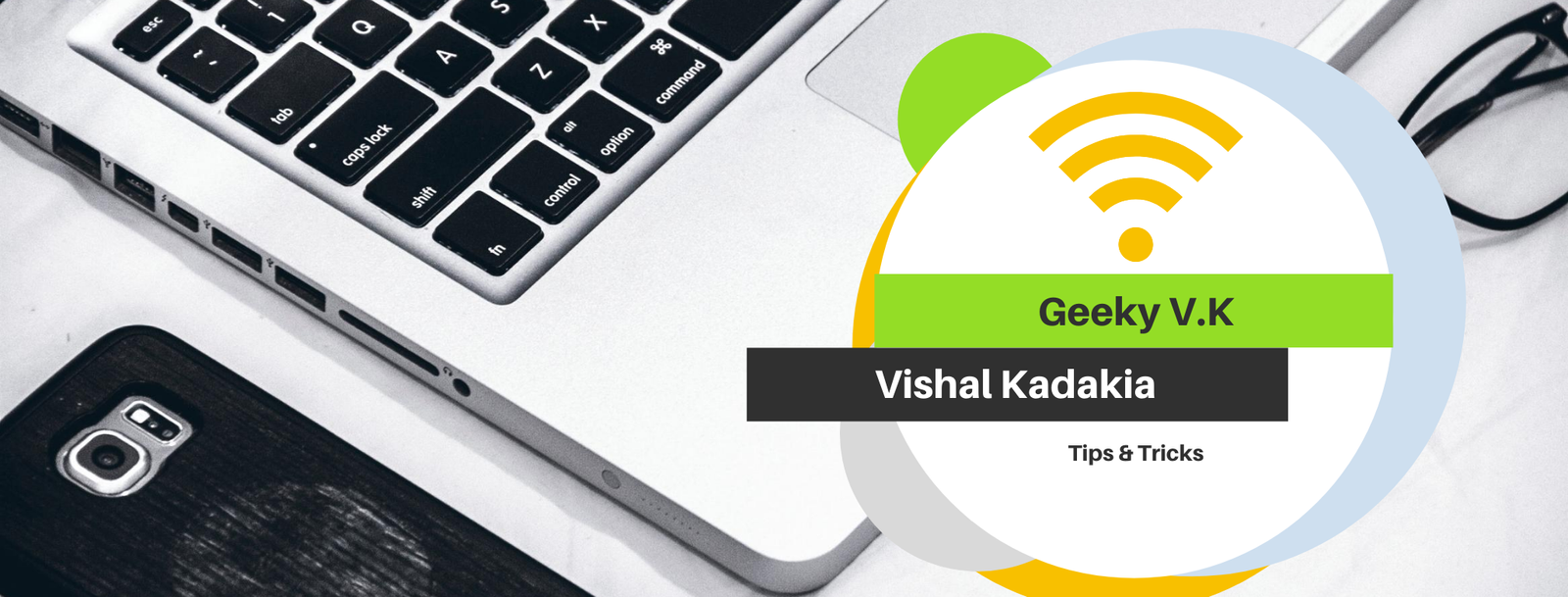Antivirus products are a must since our days of computing and no less the days of using a smartphone. Some would say why would you really need an antivirus on a smartphone ? the answer to which is really simple, there are tons of malware out there that are waiting to get into your smartphone and wreck havoc by targeted advertisements and files in your device that you didn’t ask for.
Android protection doesn’t exist in a vacuum. The 10 products listed here are all cross-platform solutions, with protection available at least for Windows, macOS, and Android. Half of them also offer some form of iOS protection, though with a feature set that is limited by the closed nature of Apple’s operating system.
Do these Android antivirus utilities work?
We look to three independent testing labs to find out. All of the listed products appear in results from at least one lab; four show up in all three.
Researchers at AV-Comparatives challenged each Android antivirus product to defend against over 3,000 prevalent Android malware samples found in the wild. Bitdefender and Trend Micro earned a perfect 100 percent, while the other tested products came close at 99.9 percent.
Android Antivirus Lab Results Chart
The latest test from AV-Test Institute hit 16 Android antivirus solutions with thousands of malware samples. Researchers also installed thousands more non-malicious programs, to make sure that the antivirus didn’t wrongly identify them as malware. They assigned each product up to six protection points for blocking malware, six points for minimal impact on performance and battery life, and six usability points for refraining from mistakenly blocking valid programs. Looking at our top ten, more than half earned a perfect 18 points, and no product scored lower than 16 points.
London-based MRG-Effitas tested a dozen products, most of which overlapped with our selection. The testers evaluated each product’s ability to detect and eliminate threats before launch, and the ability to detect and neutralize threats during install. They checked more than 160 samples, ranging from Trojans to adware, with some known valid programs thrown in to check for false positives. AVG managed 97.5 percent early detection and slightly higher on installation; we assume that Avast would have scored the same, given that the two products share a code base. McAfee stumbled, earning just 75.7 percent and 85.4 percent. Avira, Bitdefender, ESET, Kaspersky, and Norton achieved 100 percent in both tests.
Malware Protection and More
All the Android products include an antivirus component that scans new apps and offers an on-demand scan as well. All but a couple of them can also run scans on a schedule, a feature perhaps more useful on Windows than Android. All of them also offer some form of safe browsing, to keep you from surfing to URLs that might try to plant malware, or fraudulent sites that might trick you into giving away your username and password for the login page they imitate.
All these apps also check your installed apps for potential privacy problems. Typically, they flag programs that have permission to do things like view your contacts, scan your call logs, learn your location, or send texts. If a communication app needs access to contacts, that makes sense. If a goofy game wants to paw through your private info, however, consider deleting it.
All but one of them include antitheft protection for a lost or stolen device. The antitheft outlier is Norton, which dropped this capability in 2019. You can find your device’s location on a map. If you’ve just mislaid it around the house, you can trigger a noisy alarm to help you find it. You can lock the phone to keep a thief out of your apps and data. And if you determine that you’ll never get the device back, you can remotely wipe it. All the apps let you manage antitheft features using an online console. Most of them offer the option of triggering antitheft events using coded text messages, and many of them also surreptitiously snap a photo of whoever is using your device.
One of the first things a typical smartphone thief does is claim the device by swapping out the SIM card. Most of our recommended apps include some form of SIM card protection. Some of them lock the device on SIM card change. Others notify you of the new phone number, so you can still send those coded text messages to invoke antitheft features.
Blocking unwanted calls and texts used to be a common feature, but ongoing changes to the Android operating system have made it more difficult. Almost half our picks don’t offer this feature at present.
Antivirus and antitheft are core components for any Android security app, but some go way beyond the basics. Common bonus features include backup for your contacts and photos, a battery monitor to show which apps are killing your battery life, and a task killer to send those battery hogs packing. Several of the apps warn when you connect to an insecure Wi-Fi network. Bitdefender, Kaspersky, and McAfee let you pair your phone with your Android Wear, so if you walk away from your phone, your watch can remind you to grab it.
As noted, almost all these security tools scan your installed apps and report on those that might be privacy risks. Norton and Trend Micro take that skill to the next level, reporting on apps as you view them in the Play Store, so you can avoid downloading any that might be problematic.
VPN protection is more important on mobile devices than desktops, because mobile devices connect to a wide variety of networks. Kaspersky and Bitdefender both include a bandwidth-limited VPN with their Android editions. That’s nice, but Avast, Avira, and Norton include VPN protection with no bandwidth limit.
A few of these products feature less-common bonus features. ESET lets you time-schedule your call blocking, for example, to allow only family members to call you at night. Trend Micro offers to scan your Facebook settings and warn about any security problems.
Featured in This Roundup:
- Bitdefender Total Security
Pros: Award-winning antivirus Protects Windows, macOS, Android, and iOS devices Online management for your devices Many bonus features, including VPN and ransomware protection Anti-theft for Windows, Android, and iOS Optimization for Windows
Cons: Support for iOS extremely limited
Bottom Line: Bitdefender’s Total Security mega-suite combines a bonanza of security components and bonus features in a single integrated package and also offers protection for macOS, Android, and iOS devices.
- Symantec Norton 360 Deluxe
Pros: No-limits VPN. Excellent scores in our phishing protection and malicious URL blocking tests. Hosted storage for online backup. Powerful, self-sufficient firewall. Supports Windows, macOS, Android, iOS. Virus protection promise.
Cons: Android anti-theft to be discontinued. Security protection limited on iOS devices. Parental control and backup unavailable on macOS.
Bottom Line: In addition to cross-platform security, hosted online backup, and a ton of security features, Norton 360 Deluxe gives you a no-limits VPN and full-featured parental control system that would cost plenty by themselves. It’s a high-security bargain.
- Kaspersky Security Cloud
Pros: Protection for up to 20 Windows, macOS, Android, and iOS devices. Includes security, parental control, password management, and VPN. Online dashboard manages security. Great per-device price.
Cons: Requires too many separate installations. VPN bandwidth limited. Some password manager features don’t work. Password manager lacks advanced features.
Bottom Line: Kaspersky Security Cloud is a service that lets you install and manage Kaspersky security on up to 20 PCs, phones, and tablets. The price is right, but we’d like to see more integration, particularly in the installation process.
- McAfee AntiVirus Plus
Pros: Cross-platform, multi-device protection. Good scores in hands-on tests. Includes firewall, file shredder, and many other bonus features.
Cons: Some so-so scores from independent labs. WebAdvisor’s Site Report didn’t work consistently in testing.
Bottom Line: A single subscription for McAfee AntiVirus Plus lets you protect every Windows, Android, macOS, and iOS device in your household. It’s quite a deal.
- Trend Micro Maximum Security
Pros: Protects five devices, all platforms. Excellent scores in our antiphishing and malicious URL blocking tests. Multi-faceted ransomware protection. Password manager. Many bonus features.
Cons: Some poor scores from independent labs. Parental control limited. Fewer features on macOS, fewer still on iOS. No firewall.
Bottom Line: The excellent Trend Micro Maximum Security gives you five licenses for use on Windows, macOS, Android, or iOS devices, though you get a much richer set of features on Windows and Android.
- AVG Internet Security – Unlimited
Pros: Very good scores in multiple independent lab tests and our own hands-on tests. Unlimited licenses. Includes ransomware protection and webcam protection.
Cons: Initial scan slower than average. Unusually large impact in performance tests.
Bottom Line: You can install AVG Internet Security – Unlimited on as many PCs as you like, defending them with AVG’s powerful antivirus plus protection against ransomware, webcam peepers, and more.
- Avira Prime
Pros: No-limits VPN Comprehensive system optimizer Excellent scores from antivirus testing labs Protection for Windows, macOS, Android, and iOS devices Includes Pro editions of all current and future Avira tools Cons:
Cons: Lacks many expected suite features Browser-independent Web Protection seriously ineffective So-so scores in our hands-on testing
Bottom Line: If you’re going to buy any Avira product, Avira Prime is the one to get, as it includes every free and paid tool from Avira. However, even with its entire posse of apps it can’t challenge the best cross-platform multi-device security suites.
- Avast Premier
Pros: Protection for Windows, macOS, Android, and iOS devices. Good antivirus scores. Robust firewall. Simple spam filter. Ransomware protection. Full-featured Android security. Bonus features enhance security.
Cons: Some bonus features still require separate payment. Protection relatively limited on macOS, very limited on iOS. Ransomware protection failed in testing.
Bottom Line: Avast Premium Security is a full-scale suite, with an antivirus, a robust firewall, a simple spam filter, and a wealth of bonus features, but if you don’t need cross-platform protection, the company’s free antivirus is more cost-effective.
- ESET Smart Security Premium
Pros: Good antivirus lab scores. Includes password manager and file encryption. Enhanced home network scanner. Anti-theft. Scans firmware for malware. Webcam control.
Cons: Password manager lacks advanced features. So-so phishing protection. Device control too complex for most users. Old-school firewall. Limited parental control. Expensive.
Bottom Line: ESET Smart Security Premium adds file encryption and a basic password manager to the features in ESET’s entry-level suite. These additions don’t merit the higher price.
These are the leading Antivirus suites that give you maximum protection at a minimum price. Some of these are also available for free on the Google play store. If there is any specific you would like to have reviewed please do comment, please also do comment on the overall quality of the writeup and what more we could do to better it.




